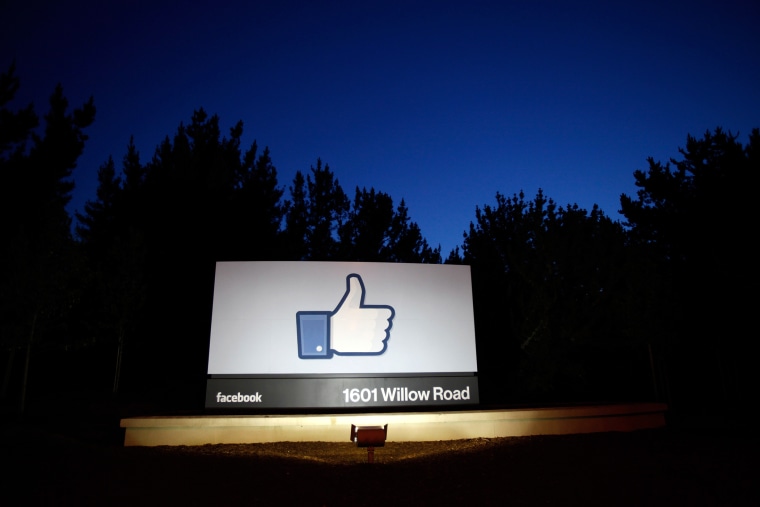Sometimes the "like" button just doesn't cut it when expressing how you feel about a Facebook post.
That's why Facebook is rolling out its new "Reactions" feature for all 1.6 billion of its worldwide users. TODAY viewers learned exclusively Wednesday that the like button is getting some company, allowing Facebook users to register different types of responses to a post.
What it means for you:
- There will now be five new emojis: "Love," "Haha," "Wow," "Sad" and "Angry."
- The like button will remain, giving users six total choices to register their reactions.
How the Reactions buttons work:
- Starting on Wednesday and rolling out across all platforms in the coming days, you can add one of the new Reactions by holding down like on mobile or hovering over it on desktop in order to see the Reactions images. Then you just tap or click on the one you want to use.
Why Facebook made the change:
- Facebook analyzed how people are commenting on posts and the top stickers and emoticons that they were using as reactions in order to come up with its group of five emojis.
- The changes come after Facebook tested the new feature in Ireland, Spain, Chile, Philippines, Portugal, Colombia and Japan starting in October 2015.
- "Love" was the most common reaction used in all the test markets.
- In Spain, the amount of Reactions being used daily more than doubled since they debuted in October.
"Reactions gives you new ways to express love, awe, humor and sadness,'' Facebook CEO Mark Zuckerberg wrote in a Facebook post when the testing began on Oct. 8.
"It's not a dislike button, but it does give you the power to easily express sorrow and empathy — in addition to delight and warmth."
Zuckerberg also spoke in a town hall event on Sept. 15 about how the "Reactions" help users express emotions for situations where hitting "Like" doesn't feel appropriate.
"Not every moment is a good moment and if you are sharing something that is sad, whether it's something in current events, like the refugees crisis that touches you or if a family member passed away, then it may not feel comfortable to like that post,'' he said. "But your friends and people want to be able to express that they understand and that they relate to you, so I do think it's important to give people more options than just like as a quick way to emote and share what they're feeling on a post."
